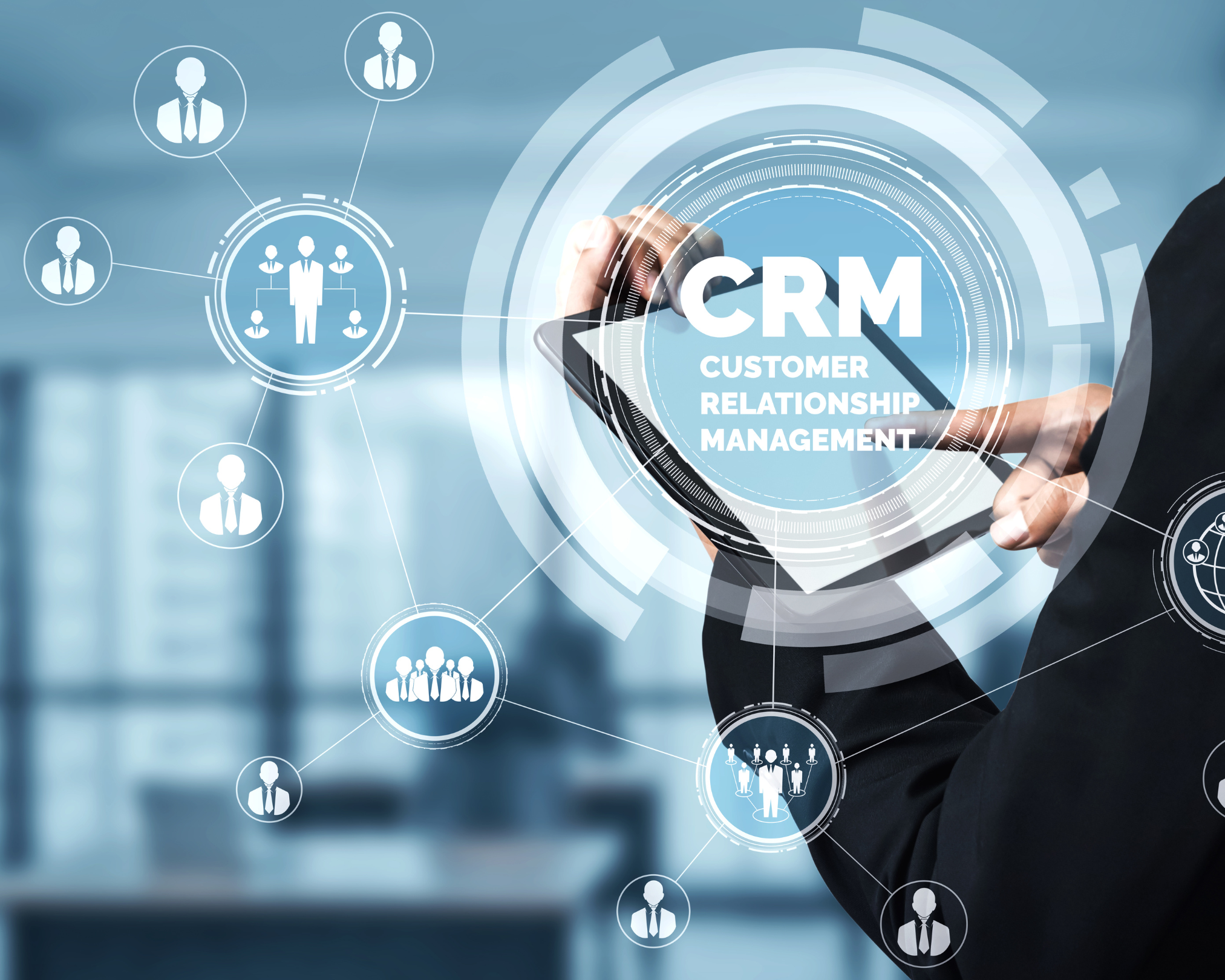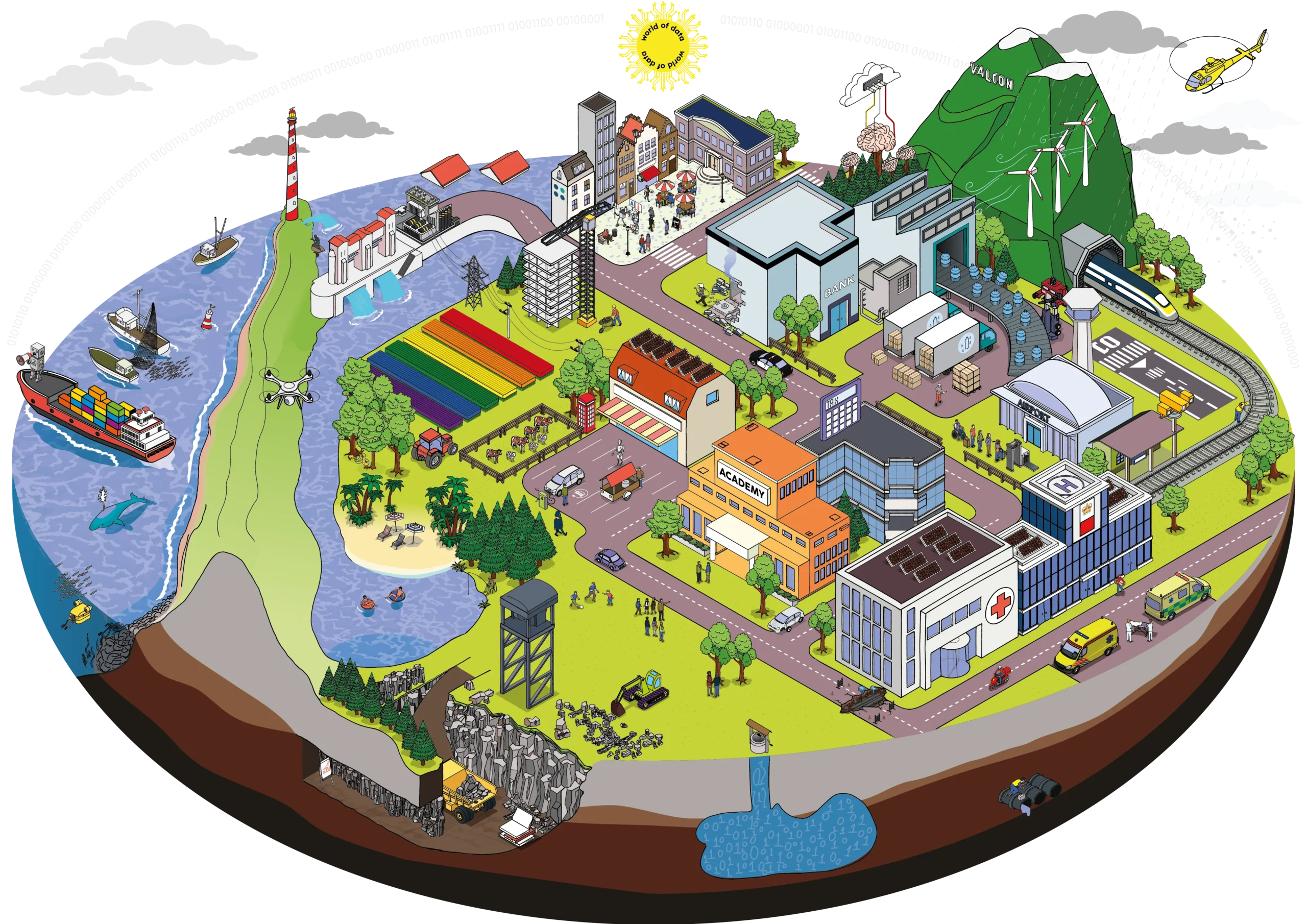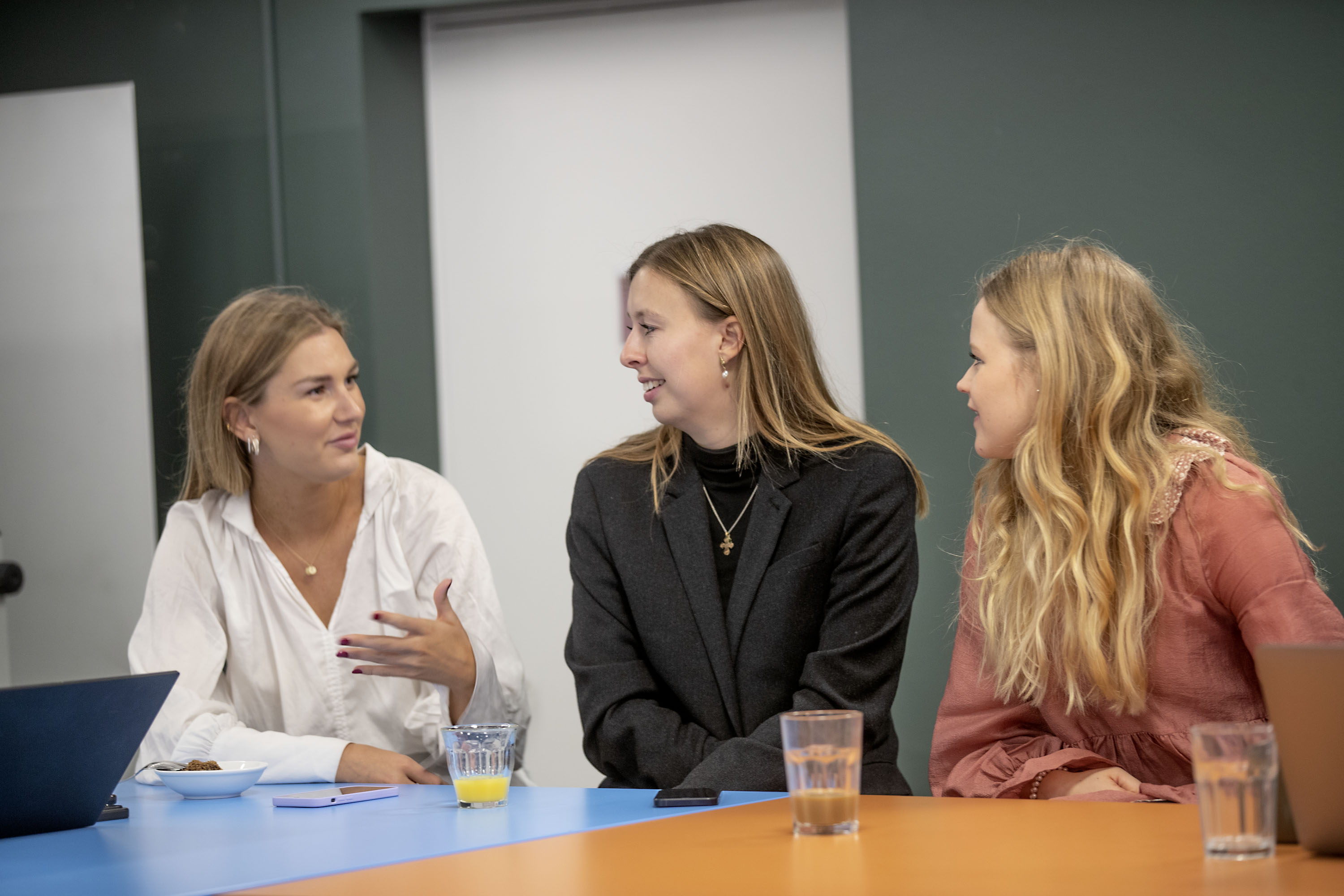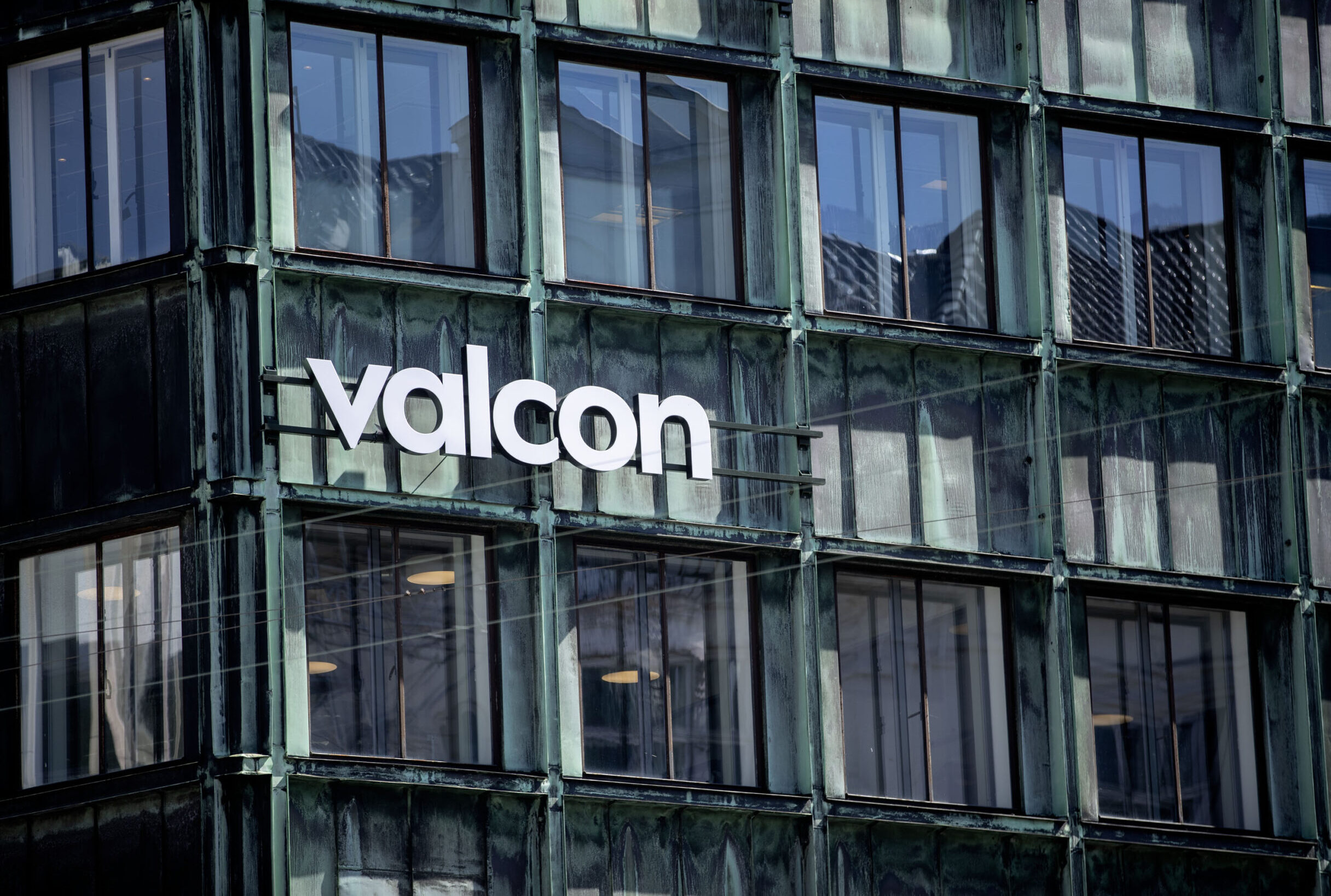Our website uses cookies, which are small text files, to distinguish you from other users and provide you with a good experience when you browse our website. You can allow all or manage them individually. You can find further details of our cookies here.
-
 Blog
BlogHow young consultants navigate the ‘boundless work life’
-
 News
NewsThe Top 25 Women Leaders in Consulting 2024
-
 News
NewsValcon announces Raymond Knops as Partner
-
 News
NewsWelcome to Valcon
-
 Blog
BlogMaximising investments in sales systems: Valcon’s pre-study approach
-
 Blog
BlogNavigating the future with insights from Valcon’s women leaders
-
 Blog
BlogThe juggle – balancing a career with being a mum
-
 Blog
BlogDiversity in leadership and mentorship
-
 Blog
BlogWomen in AI | Anne Jenkins









